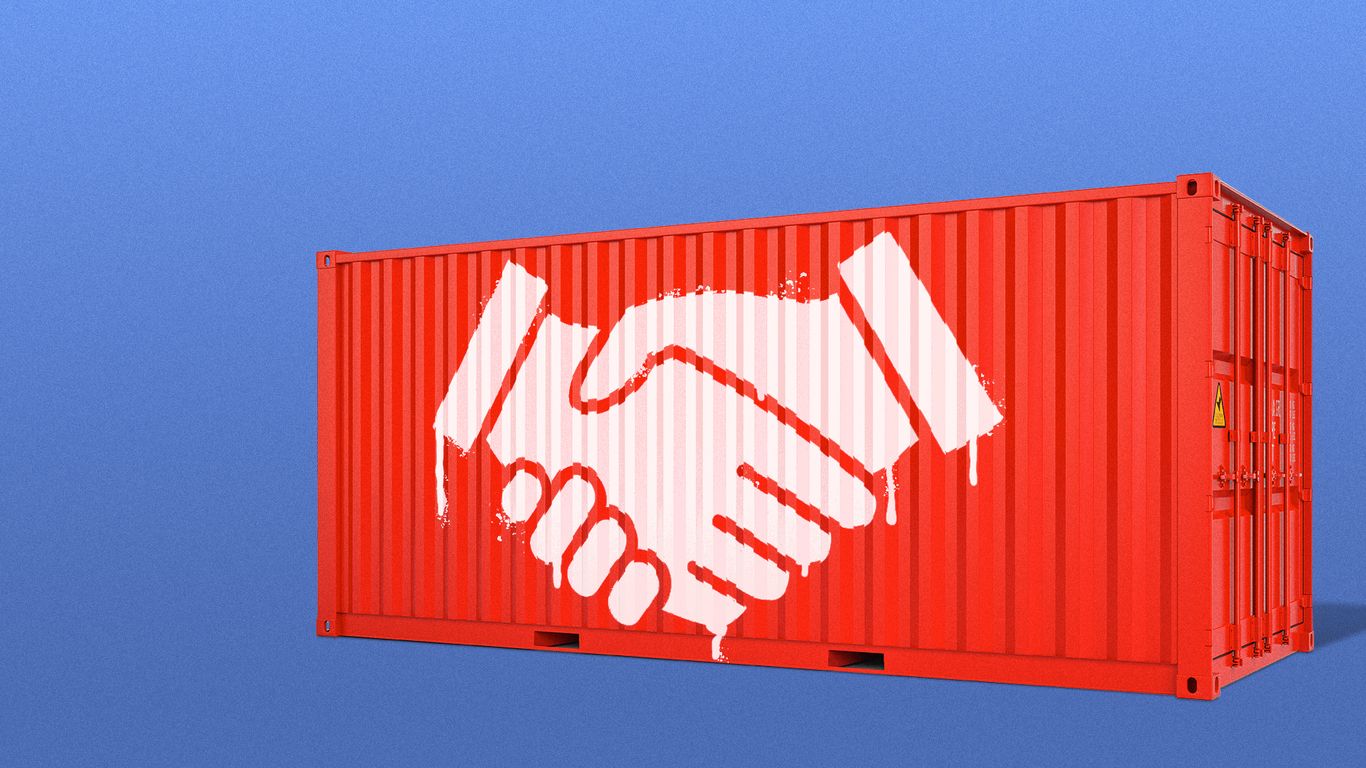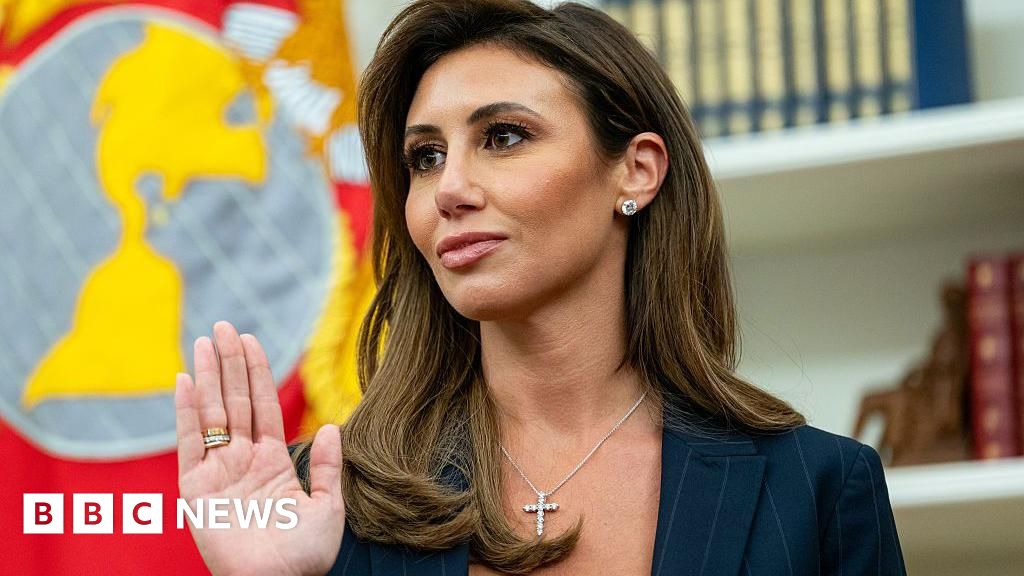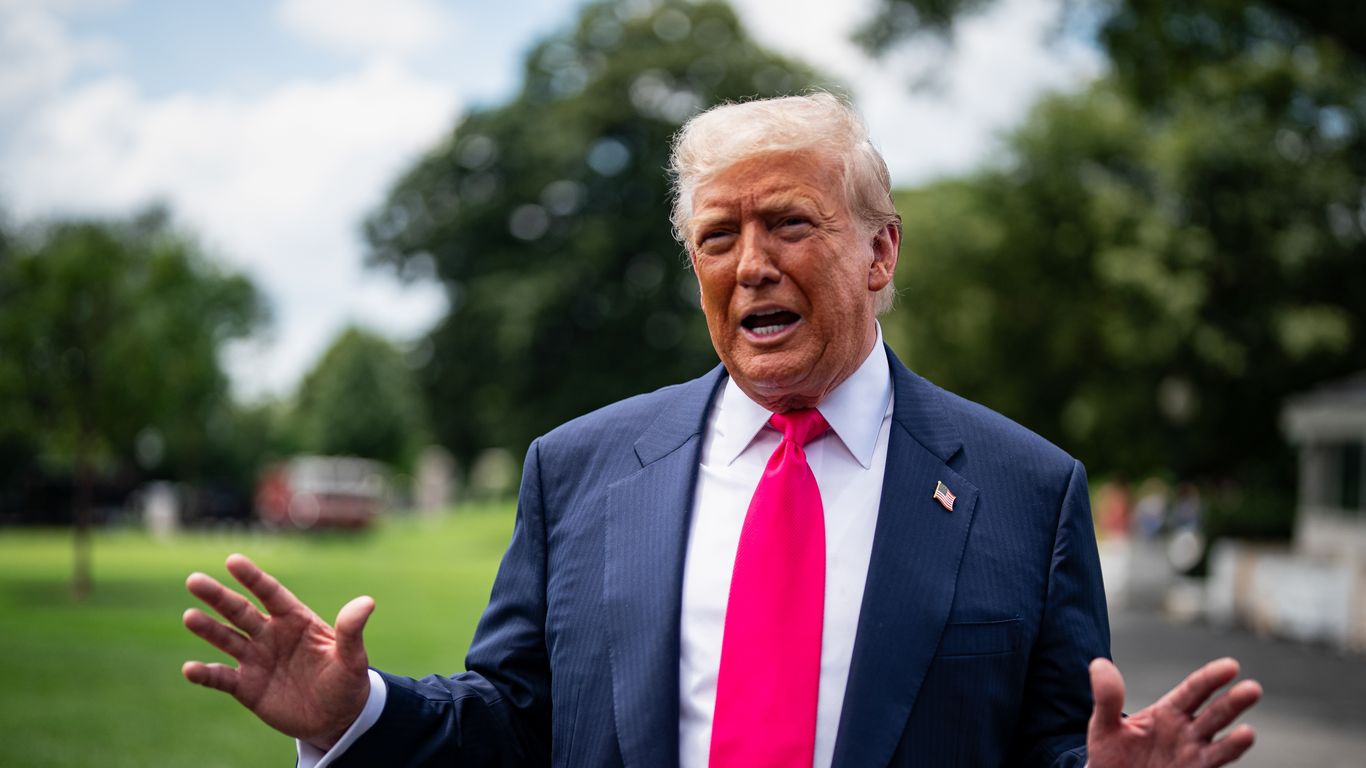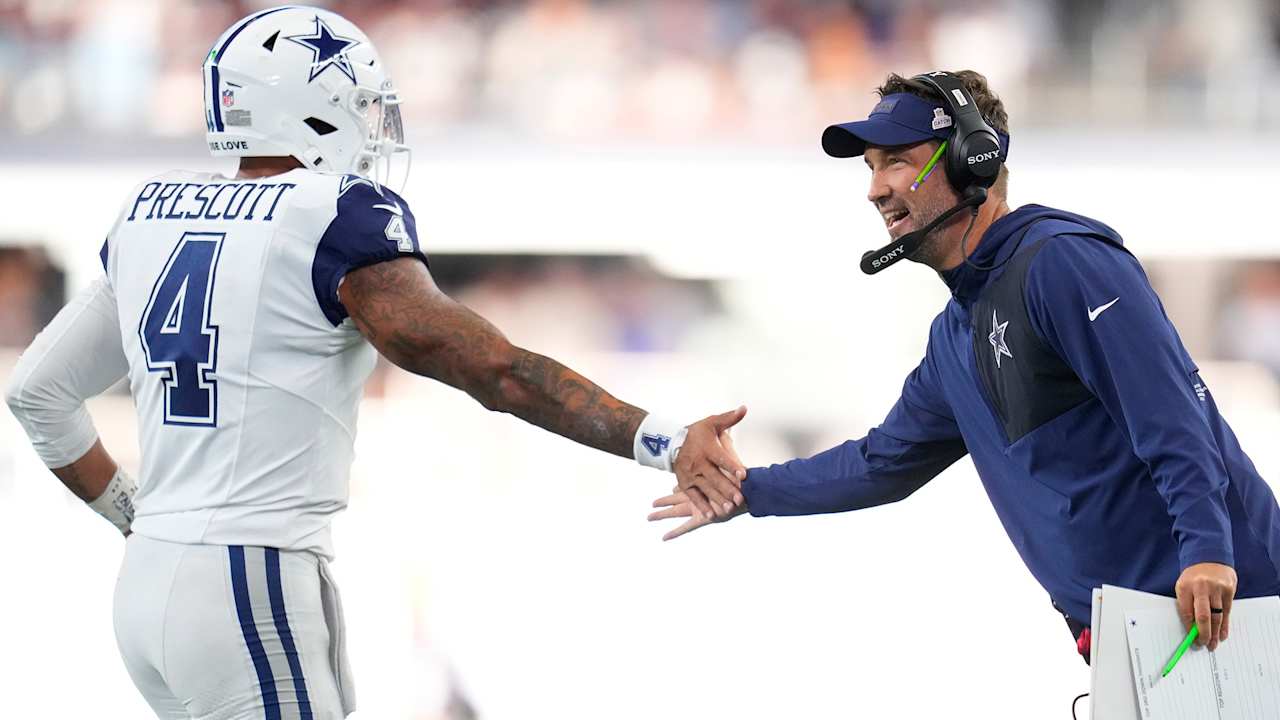Trump's Controversial Trade Deals: Confusion, Criticism, and Impact

Introduction
The trade deals made by the Trump administration have been the subject of much confusion and controversy. Unlike traditional trade deals, these agreements are not heavy on text and have not been agreed upon by all negotiators.
Key Details
One such deal is the United States-Mexico-Canada Agreement (USMCA), which has been described as a "devil in the details" by experts. While the deal has been lauded by President Trump as a win for American workers, it has faced criticism for lacking significant changes from its predecessor, the North American Free Trade Agreement (NAFTA).
In addition, the USMCA includes provisions that could potentially limit Canada and Mexico's ability to make trade deals with non-market economies like China. This has raised concerns about the US using the deal as a way to further its own interests and isolate its trade partners.
Impact
The confusion surrounding these deals has not only affected the public's understanding of their implications, but also the ability of businesses to plan for the future. With so much uncertainty and lack of clarity, it is difficult for companies to make informed decisions and investments.
Furthermore, the Trump administration's approach to trade deals has caused tensions with other countries, leading to potential retaliatory tariffs and trade wars. This could have a significant impact on the global economy and ultimately hurt
About the People Mentioned
Donald Trump
Donald John Trump, born June 14, 1946, in Queens, New York, is an American businessman, media personality, and politician. He graduated from the University of Pennsylvania’s Wharton School in 1968 with a degree in economics. In 1971, he took over his family’s real estate business, renaming it the Trump Organization, through which he expanded into building and managing skyscrapers, hotels, casinos, and golf courses. Trump gained widespread fame as the host of the reality TV show *The Apprentice* from 2004 to 2015, which helped establish his public persona as a successful entrepreneur. Trump entered politics as a Republican and was elected the 45th president of the United States, serving from 2017 to 2021. His presidency was marked by significant policy actions including tax cuts, deregulation, the appointment of three Supreme Court justices, renegotiation of trade agreements (notably replacing NAFTA with the USMCA), and a focus on immigration control including border wall expansion. He withdrew the U.S. from international agreements such as the Paris Climate Accord and the Iran nuclear deal, and engaged in a trade war with China. His administration’s response to the COVID-19 pandemic was criticized for downplaying the virus’s severity. Trump was impeached twice by the House of Representatives—first in 2019 for abuse of power and obstruction, and again in 2021 for incitement of insurrection—but was acquitted by the Senate both times. After losing the 2020 election to Joe Biden, Trump challenged the results, culminating in the January 6, 2021, Capitol riot. He remains a central figure in American politics, having won the 2024 presidential election and returned as the 47th president in 2025, continuing to promote policies aimed at economic growth, border security, and military strength[1][2][3][4].
About the Organizations Mentioned
North American Free Trade Agreement
The **North American Free Trade Agreement (NAFTA)** was a landmark trade pact signed in 1992 by **Canada, Mexico, and the United States**, forming one of the largest free-trade blocs globally by GDP. It came into force on January 1, 1994, aiming to gradually eliminate tariffs and other trade barriers on goods and services crossing the three countries' borders, thereby fostering economic integration across North America[1][2]. NAFTA's origins trace back to U.S. President Ronald Reagan's 1980 campaign proposal for a North American free trade zone and were further shaped by the 1988 Canada-U.S. Free Trade Agreement. Negotiated by the administrations of George H.W. Bush (U.S.), Brian Mulroney (Canada), and Carlos Salinas de Gortari (Mexico), NAFTA expanded the Canada-U.S. free trade framework to include Mexico, promoting increased trade and investment opportunities across diverse sectors[1][4]. Key achievements of NAFTA include the removal of tariffs that were as high as 30% on U.S. goods entering Mexico, facilitating duty-free access for products and services such as manufacturing, engineering, healthcare, and consulting. It standardized health, safety, and industry regulations to reduce non-tariff barriers, streamlined border processing to decrease clearance times, and imposed penalties for customs violations[7]. NAFTA helped boost trade volumes, supply chain integration, and economic growth, creating millions of jobs and enhancing competitiveness in the region[2]. In addition to trade liberalization, NAFTA incorporated side agreements on labor (NAALC) and environmental cooperation (NAAEC), addressing social and ecological concerns linked to increased trade[1][4]. NAFTA remained the governing trade framework until it was replaced on July 1, 2020, by the **United States-Mexico-Canada Agreement (USMCA)**, also known as CUSMA or T-MEC. The USMCA updated provisions on intellectual property
United States-Mexico-Canada Agreement
The United States-Mexico-Canada Agreement (USMCA) is a trilateral trade agreement that replaced the North American Free Trade Agreement (NAFTA), entering into force on July 1, 2020. It aims to create a more balanced and reciprocal trade environment among the United States, Mexico, and Canada, benefiting workers, farmers, ranchers, and businesses across North America by supporting high-paying jobs and economic growth[1][3]. USMCA modernizes trade rules to reflect a 21st-century economy with notable provisions in digital trade, intellectual property protection, anticorruption, and support for small and medium-sized enterprises. It strengthens labor standards by incorporating enforceable labor rights aligned with International Labor Organization principles, including protections against forced labor and provisions supporting collective bargaining in Mexico[5]. Key achievements include increased rules of origin requirements for automobiles, raising the regional content requirement from 62.5% under NAFTA to 75%, designed to promote North American manufacturing and employment, though this has raised concerns about higher production costs and supply chain disruptions[2][8]. The agreement also improves U.S. access to Canada’s dairy market by expanding tariff-rate quotas while maintaining Canada’s supply management system[2][8]. Additionally, USMCA maintains zero tariffs on products that were tariff-free under NAFTA, keeping trade flows steady[3]. USMCA’s economic impact is significant; U.S. goods and services trade with USMCA partners totaled approximately $1.8 trillion in 2022, with a U.S. trade deficit of $184.6 billion[1]. The agreement also maintains dispute resolution mechanisms similar to NAFTA, though some questions remain about their effectiveness given national security trade restrictions[8]. Currently, USMCA is undergoing a mandated joint review process set for July 2026, where the three countries will assess the agreement’s operation and decide on its extension for another 16 years. This review is critical for sustaining trilateral economic




















